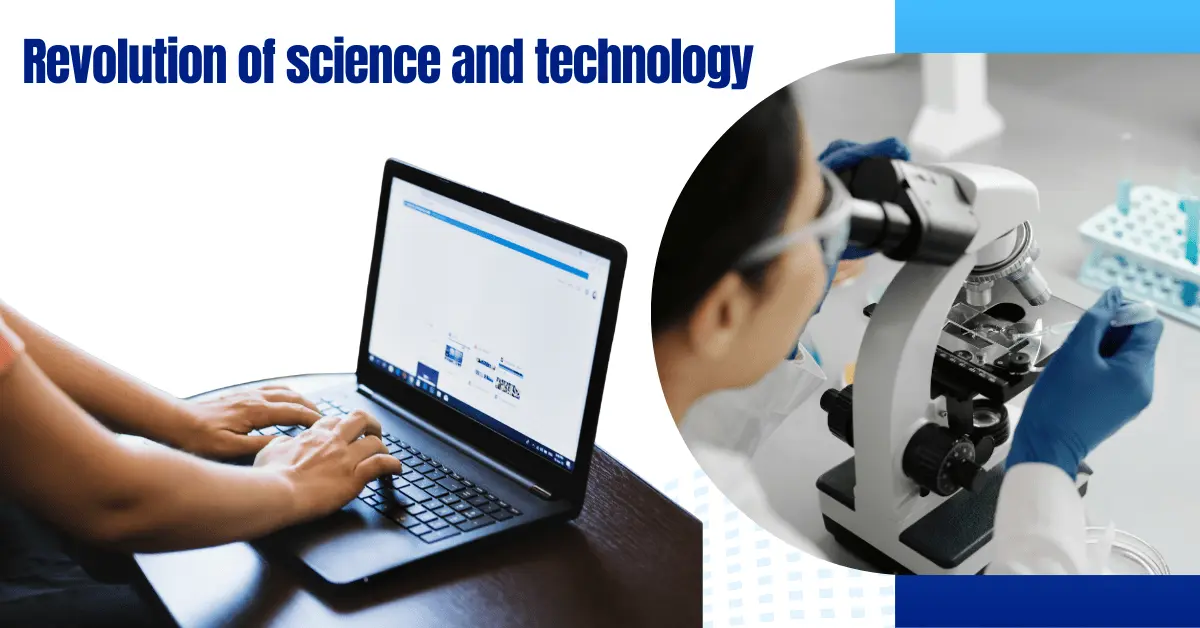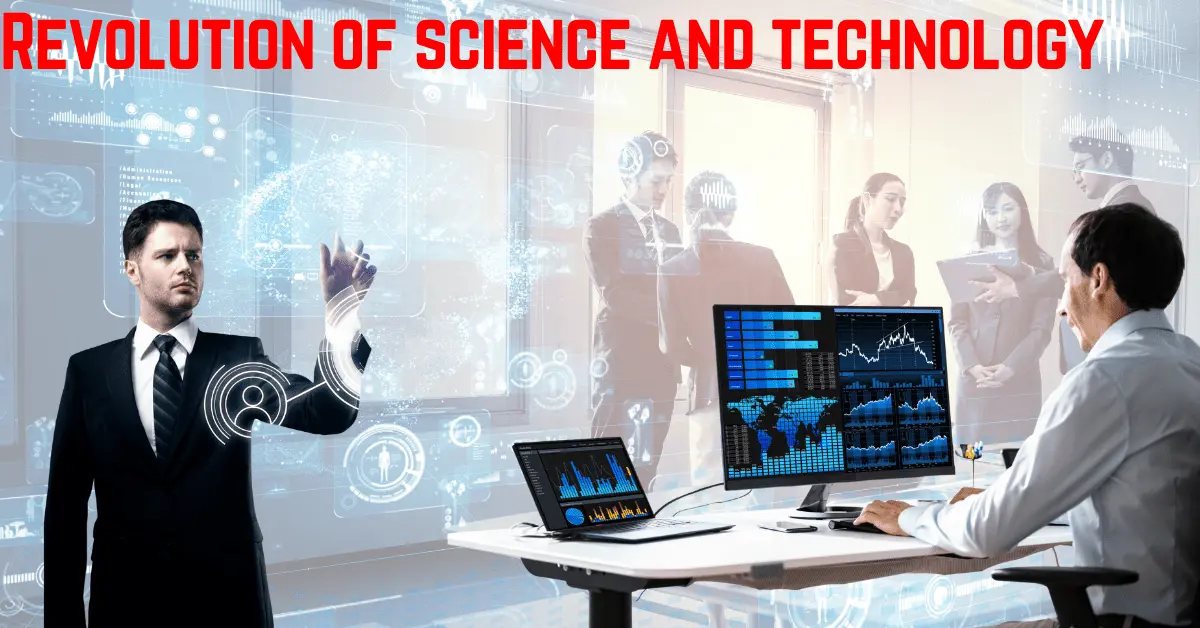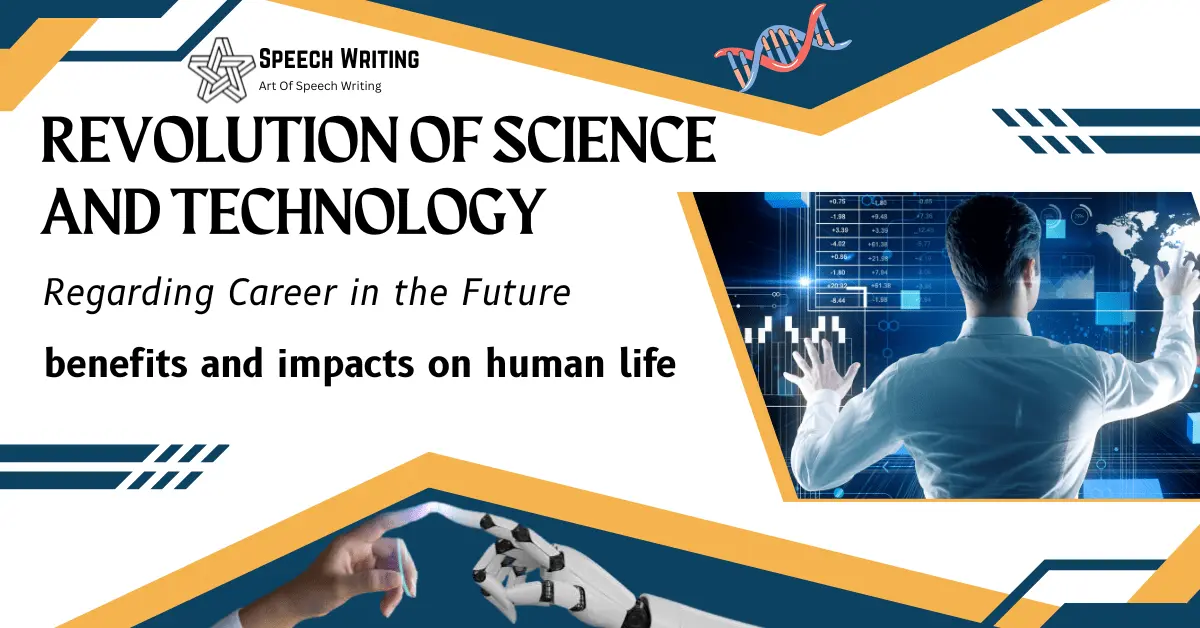The Revolution of Science and Technology and Its Role in Modern Innovation
Published: 04/09/2025
Introduction
Good morning, respected teachers and dear friends,
Have you ever stopped to think how different our lives would be without the amazing tools and technologies we use every day? Today, I want to share my thoughts on a topic that has changed the world completely—the revolution of science and technology. This revolution is not just about machines or gadgets; it’s about the incredible ways in which science and technology shape our lives. From the moment humans discovered fire to today’s artificial intelligence, space exploration, and smart devices, every invention has made life easier, faster, and more connected.
Think about education—students can now learn from anywhere in the world through online classes. Think about healthcare—doctors can detect and treat illnesses faster and more accurately than ever before. Even our daily routines, like communicating with friends or traveling from one city to another, have been transformed. The revolution of science and technology is truly everywhere, opening doors to possibilities we could only dream of a few decades ago. Understanding this revolution helps us appreciate how far we have come and inspires us to imagine a future full of even greater innovations.

What is Science and Technology?
Friends, let me explain why the revolution of science and technology is so important. Science helps us understand the world. It shows how things work, why events happen, and how we can solve everyday problems. Technology takes this knowledge and turns it into tools, machines, and systems that make life easier, faster, and better.
Think about smartphones, the internet, modern medical treatments, and advanced transportation. These are examples of technological advancements and modern innovations. They affect our everyday life in many ways. The impact of science and technology is visible in education, healthcare, communication, and travel. By learning about these scientific discoveries, we can understand the future of technology. The revolution of science and technology empowers us to solve problems, improve lives, and build a brighter, more innovative world.
Why Science and Technology are Important
Friends, let me tell you why the revolution of science and technology https://speechwritingart.com/advantages-and-disadvantages-of-artificial-intelligence/is so important and why we should pay attention to it. Science helps us understand the world—it shows how things work, why events happen, and how we can solve problems in daily life. Technology takes this knowledge and turns it into tools, machines, and systems that make our lives easier, faster, and safer.
Think about your own life. Smartphones, the internet, advanced medical treatments, and modern transportation are all results of technological advancements and modern innovations. They impact our everyday life in ways we often take for granted—from learning in school, communicating with friends, to staying healthy and traveling efficiently. The impact of science and technology is everywhere, and understanding it gives us the knowledge to use these tools wisely.
By learning about these scientific discoveries and innovations, we not only appreciate the world around us but also prepare ourselves for the future of technologyhttps://en.wikipedia.org/wiki/Technological_revolution. The revolution of science and technology empowers us to solve problems, make smarter choices, and build a brighter, more innovative world for ourselves and future generations.

Key Features of the Revolution of Science and Technology
- Rapid Innovation – Constant innovations make our lives faster, easier, and more efficient.
- Wide-Reaching Impact – Affects education, healthcare, communication, transportation, and industry, touching our everyday lives.
- Knowledge-Driven – Science provides the foundation through scientific discoveries, while technology applies it to create practical solutions.
- Global Connectivity – Connects people worldwide, enabling instant collaboration and sharing of ideas.
- Ever-Evolving Nature – Advancements like AI, robotics, renewable energy, and space exploration continuously shape the future of technology.
- Improvement of Everyday Life – Smart devices, medical tools, and modern transport make daily tasks easier and more efficient.
- Problem-Solving Ability – Technology helps tackle challenges like disease, pollution, and space exploration.
- Economic Growth – Boosts industries, creates jobs, and increases productivity.
- Enhancing Educationhttps://speechwritingart.com/importance-of-education/ – Online classes, e-books, and virtual labs provide students with access to knowledge anytime, anywhere.
- Empowerment for the Future – Understanding and using innovations wisely prepares us to create a better, more innovative world.
| Advantages of the Revolution of Science and Technology |
|---|
|

|
Conclusion
In conclusion, the revolution of science and technology has completely transformed the way we live, work, and communicate. It has brought remarkable modern innovations and technological advancements that improve education, healthcare, industry, and our everyday lives. At the same time, it presents challenges like privacy concerns, health issues, and ethical dilemmas. By understanding the revolution of science and technology and using it responsibly, we can overcome these challenges, make better decisions, and create a brighter, safer, and more innovative futu
The revolution of science and technology refers to the rapid development and application of scientific discoveries and technological innovations that have transformed education, healthcare, communication, and everyday life.
It is important because it improves our quality of life, solves complex problems, connects people globally, and paves the way for future innovations and economic growth.
Key features include rapid innovation, knowledge-driven solutions, global connectivity, ever-evolving advancements like AI and robotics, and improvements in everyday life, education, and healthcare.
Advantages include improved communication, enhanced education, advanced healthcare, time-saving solutions, economic growth, and opportunities for innovation and creativity.
Disadvantages include privacy concerns, health issues, digital addiction, cybercrime, unemployment due to automation, environmental impact, and rapid obsolescence of technology

- Be Respectful
- Stay Relevant
- Stay Positive
- True Feedback
- Encourage Discussion
- Avoid Spamming
- No Fake News
- Don't Copy-Paste
- No Personal Attacks

- Be Respectful
- Stay Relevant
- Stay Positive
- True Feedback
- Encourage Discussion
- Avoid Spamming
- No Fake News
- Don't Copy-Paste
- No Personal Attacks




